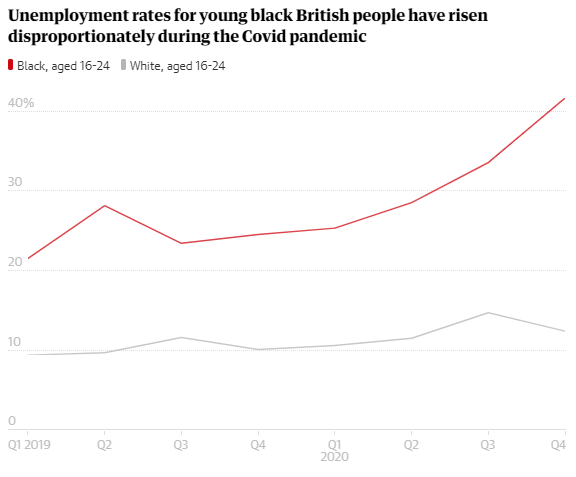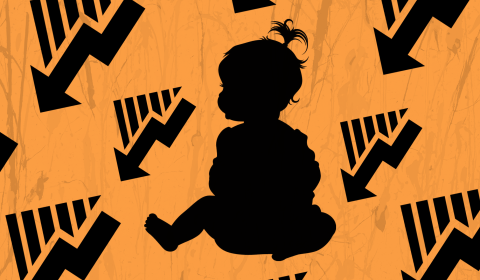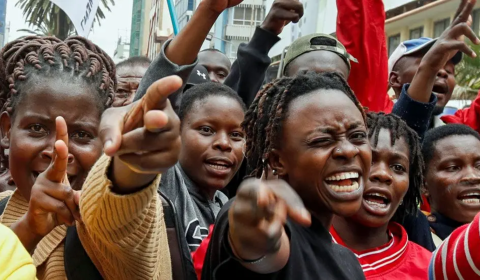With new data showing the UK’s most severe black youth employment slump in 40 years, has COVID further exposed deep-rooted inequality within the job market?
Young black workers in the UK have been hit disproportionally hard during the pandemic, and the knock on effects could put a dent in our pursuit of total job equality for some time.
This troubling update comes courtesy of new data from the Office for National Statistics, which states that unemployment rates for black workers between the ages of 16 and 24 have risen has high as 40% throughout the last quarter of 2020 – compared to just 12% in the same period for white workers.
According to financial experts, this level of ethnical imbalance hasn’t existed in the modern job market since the 1980s. Yes, we’re talking potentially 40 years of standing still.
New @BBC5Live podcast series hosted by @BigNarstie marks the 40th anniversary of the Brixton riots: https://t.co/MxqPvJ9bDS
— BBC Press Office (@bbcpress) April 7, 2021
Decades on from the Brixton Riots, which ironically marked a real watershed moment for race relations in the UK, another imminent recession may show that we’ve yet to make significant progress re equal opportunities in the world of work.
In the lead up to the pandemic, between January and March last year (for those who have frankly no idea anymore), around 10% of young white people were without jobs compared to 25% of black people.
Nine months later, the numbers show that rates of unemployment shot up in the black community by 64% compared to just 17% for white people.
Arriving just two weeks after the government’s optimistic (yet divisive) race disparity report, this ONS data is certainly cause for concern, and leaves us wondering how much tangible systemic change has actually been made?





















